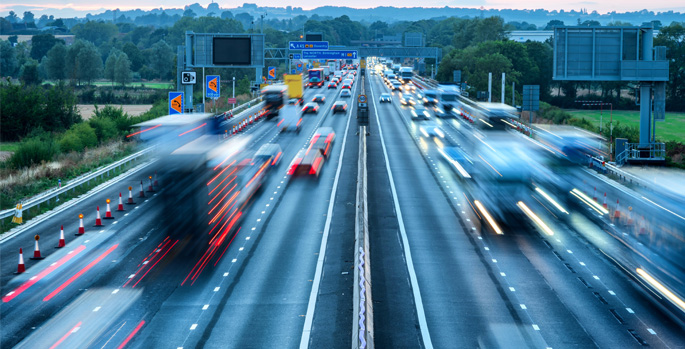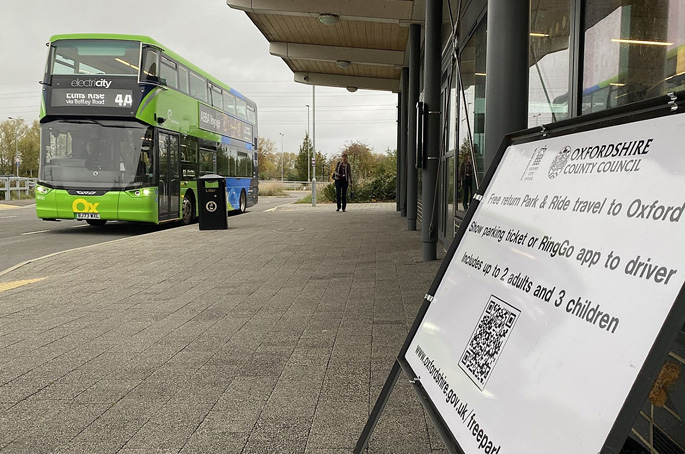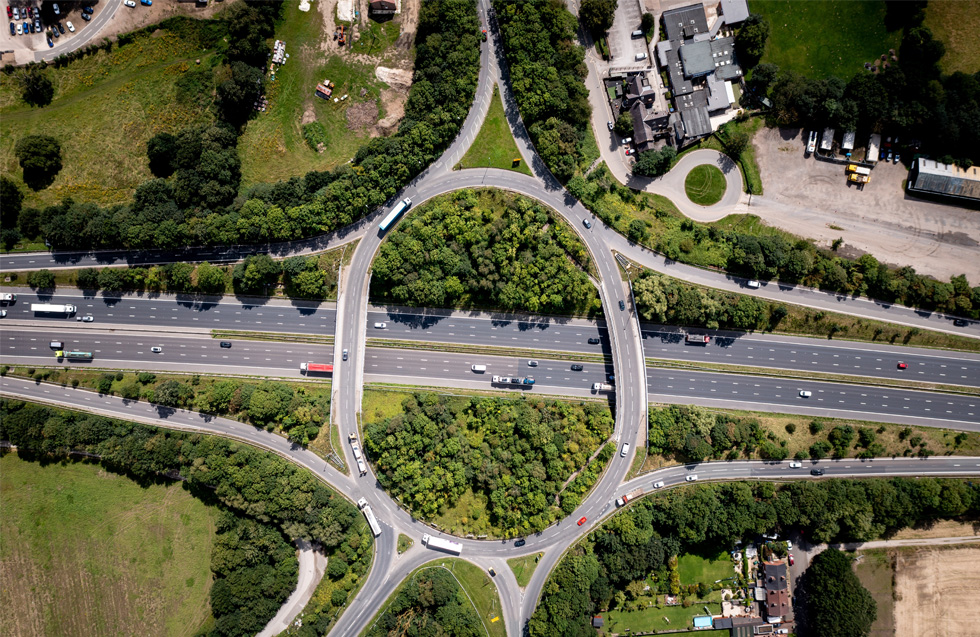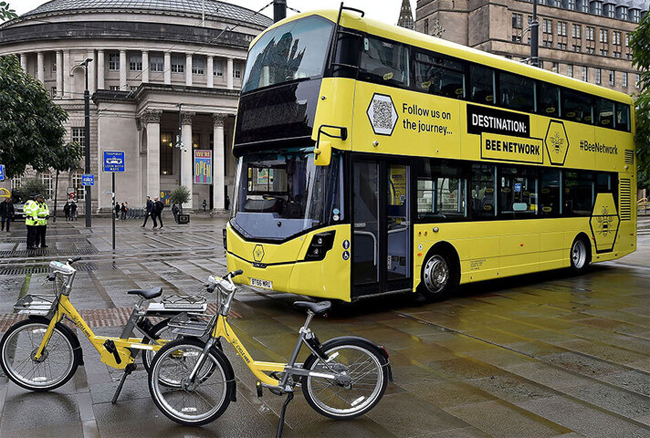Council bosses have hit back at the Department for Transport (DfT) over plans to restrict their ability to generate surpluses from traffic contraventions, calling the plans misguided and even questioning whether the Government violated pre-election rules.

In response to a DfT call for evidence, which closes on 25 May, the Local Government Association (LGA) issued a forceful rebuke to the Government and doubled down on its position, calling for higher fines and special penalties for repeat offenders.
'The LGA has some serious concerns with this call for evidence: We believe the call is misplaced – it implies that councils deliberately raise revenue, which we do not agree with,' the councils' body said.
However, local authorities are facing a loss of revenue, as ministers suggested that any local surpluses could be redirected to the Treasury.
The LGA said if this happened it would be 'local residents and road users that are set to lose out'.
It went to list areas that could see cuts in funding if the move was pursued including support for bus travel, SEND transport; road repair and maintenance projects, air quality improvements and other travel and road safety improvements.
Transport secretary Mark Harper said he wanted to address 'the suggestion that traffic management measures with penalty fees attached are there to raise money from motorists more than anything else'.
'Should government remove any suggestion there is a "profit motive" for local councils – such as by requiring any surpluses that councils might generate from new charges to be repaid to His Majesty's Treasury – after the costs of enforcement have been repaid?' he asked.
'This seems an appealing solution – and is effectively how speeding fines operate already – but are there unexpected considerations that we should be considering?'
The LGA highlighted recent research by the British Parking Association and PATROL, supported by the LGA, which found 'two-thirds of councils are not making surpluses at present'.
The research also found that 68% of authorities 'are seeing regular repeat offenders in their area, i.e. people who regularly receive PCNs and pay them early, thus paying only 50%'.
This suggests 'a penalty is now regarded as an additional parking amenity', the LGA said, adding that 'higher fines for repeat offenders across all enforcement measures would help law abiding drivers and other road users'.
It also pointed out that penalty charge notices, which are set by the Secretary of State, have not seen an increase since 2000.
A £70 fine, when reduced to £35 when paid off within 14 days, would be over £122 or £61 if it had kept up with prices today the LGA highlighted, and went on to call for 'higher fines to provide a stronger deterrent'.
'In many places a £35 fine across four car passengers is cheaper than using public transport and not far off a full day's parking charges,' it said.
The DfT's call for evidence comes against the backdrop of the prime minister's recent push to win support from motorists through his Government's Plan for Drivers.
It also comes as more councils recently gained new powers to enforce moving traffic violations instead of the Police. Councils outside London can gain the power to fine drivers for breaking rules of the road such as unlawful entry into box junctions, driving in mandatory cycle lanes or ignoring no entry or no left or right turn signs.
Having rolled out the powers to waves of new councils, the DfT recently postponed passing on the powers to a third tranche of councils.
The LGA said: 'These councils were following the agreed application processes and therefore this decision should have been separated from this call for evidence.'
In another attack on the DfT's propriety, the LGA all but accused the department of violating the rules governing the pre-election period.
Local government elections took place on the 2nd May and the pre-election period commenced on 26th March. Guidance for civil servants is that public consultations with a particular emphasis on local issues or impact on areas where elections are being held, should generally not be launched during the pre-election period.
The LGA said: 'We believe some of the later questions being asked could be interpreted as political rather than just technical which is a key consideration. This particular consultation seeks the views of councils, who are bound by The Code of Recommended Practice on Local Authority Publicity, and we believe should not be responding, during the pre-election period.'
































